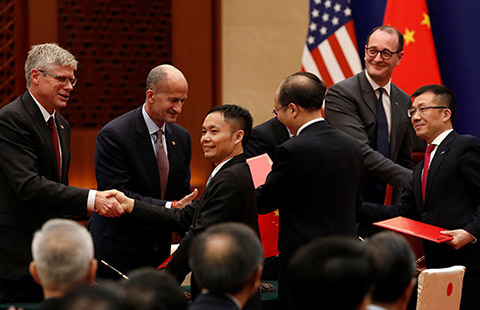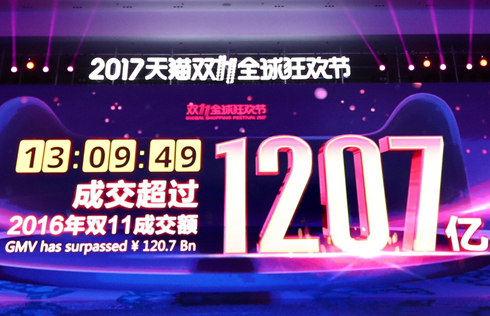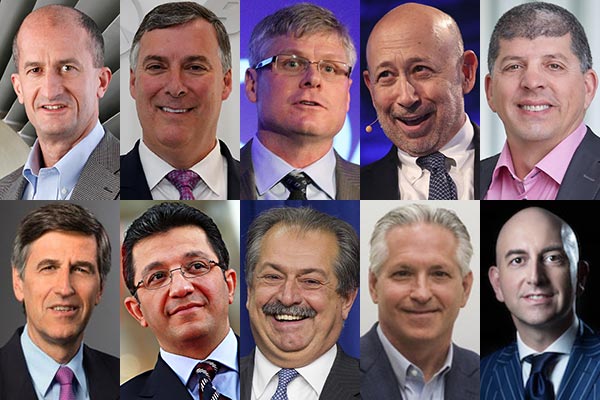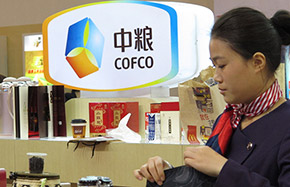China, US historic deals market-led
BEIJING - The recent record-breaking business deals between China and the United States were market-led, mainly created by companies, a vice-commerce minister said in an exclusive interview with Xinhua on Monday.
"The achievements are business agreements and trade cooperation intentions negotiated and signed under market principles mainly by enterprises," said Yu Jianhua, vice-minister of commerce and deputy international trade representative with the Ministry of Commerce (MOC).
China and the United States signed deals worth $253.5 billion during US President Donald Trump's visit last week, consisting of 34 cooperation agreements and letters of intent.
Among them, there are 26 trade items worth a total of $108.8 billion and eight mutual investment projects worth $144.7 billion, according to Yu.
"The record high value of the business achievements shows bilateral economic and trade cooperation enjoys an extensive basis of popular opinion, receives strong support from industrial members and has broad prospects," Yu said.
Yu dismissed the claim that many of the agreements are "repackaged," saying that "China and the United States had already removed the so-called repackaged projects during the process of project collection."
"But there are some projects where initial consensus might have been reached before and finalized at this time, such as the Boeing aircraft purchase deal," according to Yu.
"Please allow me to make an analogy, an engagement one year ago was a good news. But who can say a marriage one year later is not a good one?" Yu said.
Responding to public opinion on the unequivalence of the business achievements, Yu said that "the business results are mutually beneficial, balanced by and large."
"It is win-win business cooperation and is going to bring tangible benefits to the two countries' enterprises and people," said Yu.
For example, China's Sinopec will take the lead in the joint development of liquified natural gas in Alaska. The project could create 70,000 new jobs for the United States, while helping China to reduce 80 million tons of carbon dioxide emissions annually, according to Yu.
"International trade deals are done against the backdrop of the global value chain. The amounts of exports and imports reflect different countries' positions on the value chain and respective comparative advantage. It is not scientific to talk abstractly about whether export or import is better," He said.
Stressing the role of economic and trade cooperation as a "ballast" and "propeller" in bilateral relations, Yu said the MOC will do its job to increase economic cooperation and properly manage differences in the future.
"Given that the scale of trade and investment between China and the United States is huge, it is normal that frictions will occur," said Yu, noting that rational dialogue and increasing mutual trust are key to ties.
So far, newly increased bilateral trade of goods and services, as well as mutual investment have exceeded $750 billion in value every year, according to Yu.
Being the world's top two economies, a good China-US relationship benefits the world, while a bad one harms all, he said.



















